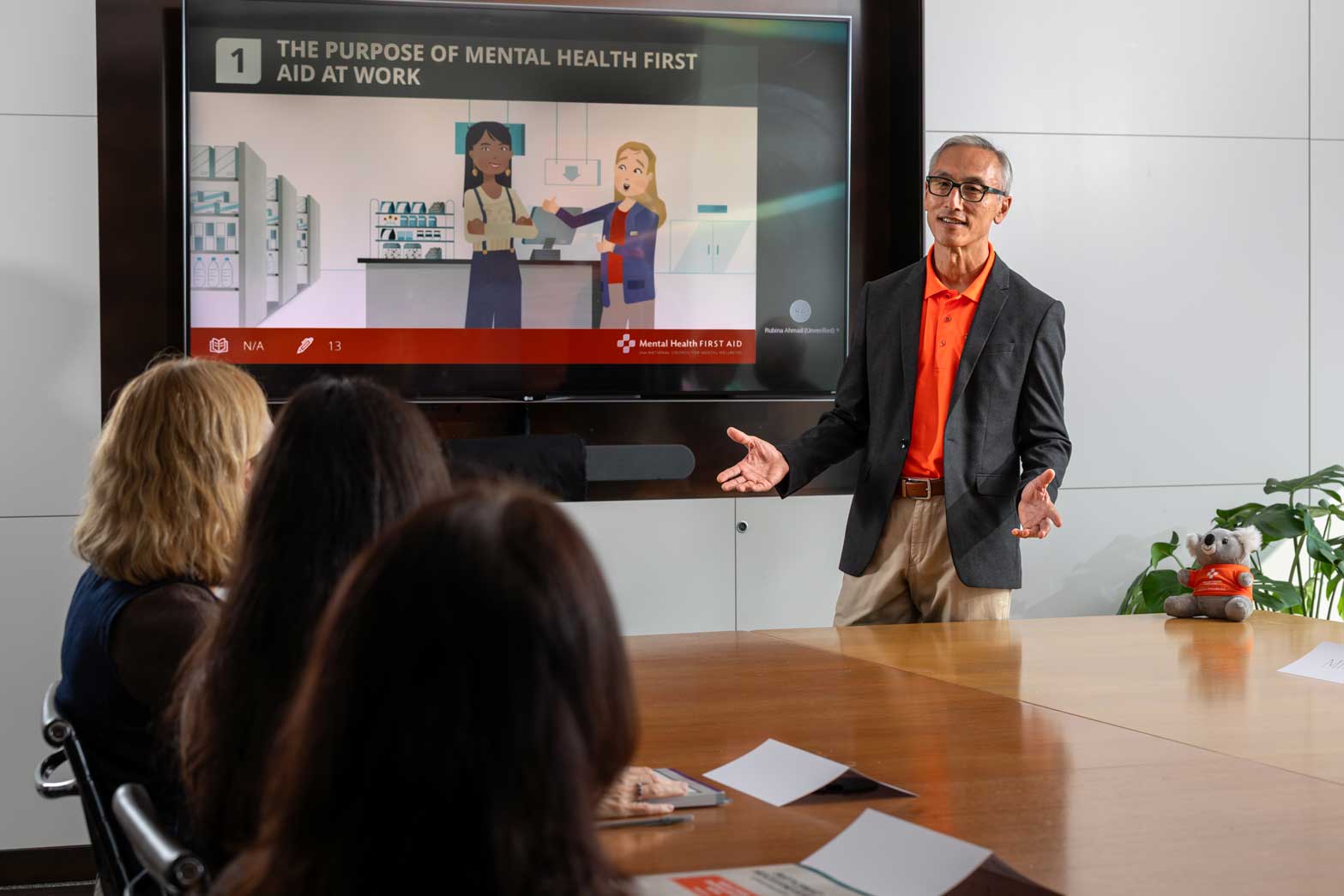The “Sunday Scaries.” You know that feeling: tomorrow is Monday, another week of work, and your relaxation time is over. It can feel like a pit in your stomach, maybe it makes your heart flutter. Sometimes, it can escalate and paralyze you into staying in bed.
Weekends are supposed to be a time to recharge and unplug from work. Even a few hours lost to worrying about work can drain your mind and body. So how do you combat the Sunday Scaries? We’ve got 6 tried-and-true methods to chase away the blues.
What are the Sunday Scaries?
Despite a silly name, the Sunday Scaries (sometimes called the Sunday Blues) are not-so-silly negative feelings that might emerge at the end of a weekend, before returning to work or school. They’re not a clinical condition, and they can be anything from a minor inconvenience to crippling anxiety. Though not uncommon, that Sunday anxiety can rob you of joy and rest.
Although everyday anxiety, like the Sunday Scaries, can be unpleasant, it can also be quite useful in helping us avoid dangerous situations and motivates us to solve everyday problems.
However, once anxiety begins to interfere with your everyday activities, responsibilities and relationships, or it’s severe and persistent coupled with feelings of pain, fear and avoidance — it’s a good idea to seek help from a qualified professional. This is especially true if you start to use substances, such as alcohol or drugs, to cope with or suppress the feelings.
6 Ways to Beat the Sunday Scaries
Try these strategies to get your weekend back:
- Work on a Project. Replace the bad habits that can develop as a way to combat the Sunday Scaries, such as alcohol use and other substances, with productive habits. Work on a project that requires your full attention either physically (like working on a yard or house project) or mentally (like knitting or crossword puzzles).
- Indulge in Some “Me Time.” Whether it’s getting lost in a good book or turning on a podcast, self-care is not a trend — it’s a proven way to invest in your mental wellbeing.
- Make a To-do List. Jot down your upcoming weekly tasks and reminders. Putting things on paper and prioritizing them can put your mind at ease on Sunday and free you up to tackle them on Monday.
- Make Monday More Attractive. If you’re dreading Monday, make it more appealing by treating yourself to a pick-me-up, such as coffee from your favorite shop or a new candle for your desk.
- Talk it Out. If you’re feeling anxious, talk about your feelings and symptoms with someone who knows how to listen nonjudgmentally — like a Mental Health First Aider. First Aiders have been trained in the 5-step MHFA Action Plan, in which they approach, listen, give assurance and encourage someone who may be experiencing mental health or substance use challenges.
- Take MHFA at Work. MHFA at Work is a mental health training program companies can provide their employees. It teaches you how to notice and support an individual who may be experiencing a mental health or substance use concern or crisis in a work environment and connect them with appropriate employee and community resources. Employers interested in offering the training for their employees can learn more at MHFA.org/workplace.
No matter how you experience end-of-weekend anxiety, realize that you can get over the Sunday Scaries and take back your weekend. Even small changes can have a big impact on your mental health.
MHFA believes every person should have one First Aider in their network of friends, family and peers. Every 1 in 15 people should be certified to identify, understand and respond to signs and symptoms of mental health and substance use challenges. #BeThe1in15 for your community.
Find a MHFA training near you and learn how to identify, understand and respond to someone with mental health and substance use challenges.



